Rizwana McDonald is the Foundd-er & Director of Foundd Legal, has been a lawyer for 20 years and an Ecommerce entrepreneur for 10+ years.
Tell me about your practice or innovation and how it operates?
At Foundd, we offer a unique blend of legal services tailored for creative agencies and entrepreneurs. Our innovation lies in the easy-to-use, industry-specific templates, complete with user guides and video walkthroughs. We also offer a membership program. Additionally, you offer custom legal services and a membership program.
They way it operates is that clients can self-serve for standard legal needs using our digital templates. For more specialised requirements, they can access custom services like contract reviews and trade mark registrations. Our membership program provides ongoing support, all aimed at helping creative professionals navigate the legal landscape with ease.
Was there a particular problem you were trying to solve?
My niche market are creatives who find legal matters to be confusing, time consuming and expensive. Our aim at Foundd is to simplify this and ensure that they are proactive rather than reactive (so much more expensive when it’s the latter) by offering easy to use industry specific legal templates mixed in with custom services and legal education. The goal is to make the legal support accessible and straightforward, enabling our clients to focus on their creative endeavours and business growth rather than get bogged down by legal complexities.
What is the most innovative aspect? How different is it from the traditional legal service model?
The self-service, digital first approach to legal services. Traditional legal services often involve consultations, back and forths and billable hours that can be both costly and time consuming. Our business disrupts that by offering plug and play templates complete with user guides. Clients can get what they need, understand it, and implement it all without stepping into a lawyer’s office or waiting for lengthy consults. I feel like what we offer is democratising legal services, making them more accessible and user friendly, especially for creative professionals who might not have the time or resources to engage with traditional legal routes. This approach makes it both convenient and affordable.
How did you go about implementing your ideas? What was the most important step in making it happen?
It started with recognising a gap in the market for specialised, easy-to-access legal services for creatives and online entrepreneurs. The most important step in making this happen was a combination of brand strategy for Foundd and the development of industry-specific legal templates.
I identified my target audience and before launching, I did thorough market research to identify the pain points that my target audience faces.
Marketing was my next big step—getting the word out there to let your target audience know that there’s a simpler, more cost-effective way to sort out their legal needs.
The linchpin of this whole operation? Consistent quality and exceptional customer service.
What advice would you give to others about implementing innovation in their business?
- First identify any gaps in the market, look for pain points that nobody is addressing effectively.
- Research, Research, Research – understand your customers, what they want, how they behave – data is your friend.
- Test before you invest, do a beta launch
- Systems and Processes – make sure you have them in place, they do not need to be expensive! I started out with Google (Gmail and documents), Drop Box, a website and Acuity for bookings.
- Never stop innovating! That’s the fun part for me in my business.
How did you judge success and what business impact have you had?
I guess the obvious is revenue growth (year on year), however for me the returning customers, the referrals by my customers, customer satisfaction.
What did you learn from your experience?
Targeting a niche area yields better results you can’t serve everyone. Making sure user experience is exceptional. Adaptability is key, so if something doesn’t work you adapt, meet the markets needs. Digital scaling allows you a broader reach and not necessarily having to grow a big team. Anything is possible and the freedom and flexibility I have I wouldn’t trade for anything.
As a legal innovator, what are some of the biggest challenges you see for the legal profession in developing innovative new ways to provide legal services?
Regulatory hurdles as a heavily regulated profession, there are lots of complex rules and regulations that can make innovation tricky. Potential resistance to change (although that seems to be changing). Tech literacy – with so much innovation happening there are lots of opportunities and there is a general lack of literacy amongst legal professionals that can be a barrier to adoption. Data security is a concern. Market saturation as more players enter the legal tech space, standing out and carving a nice becomes increasingly challenging.
Jemima Harris is Chief Legal Officer at Megaport (an ASX-listed global tech company) and a Founder of Invia Legal Operations. She is recognised as an expert in legal operations, strategy, transformation and continuous improvement. She is a member of the QLS Innovation Committee.



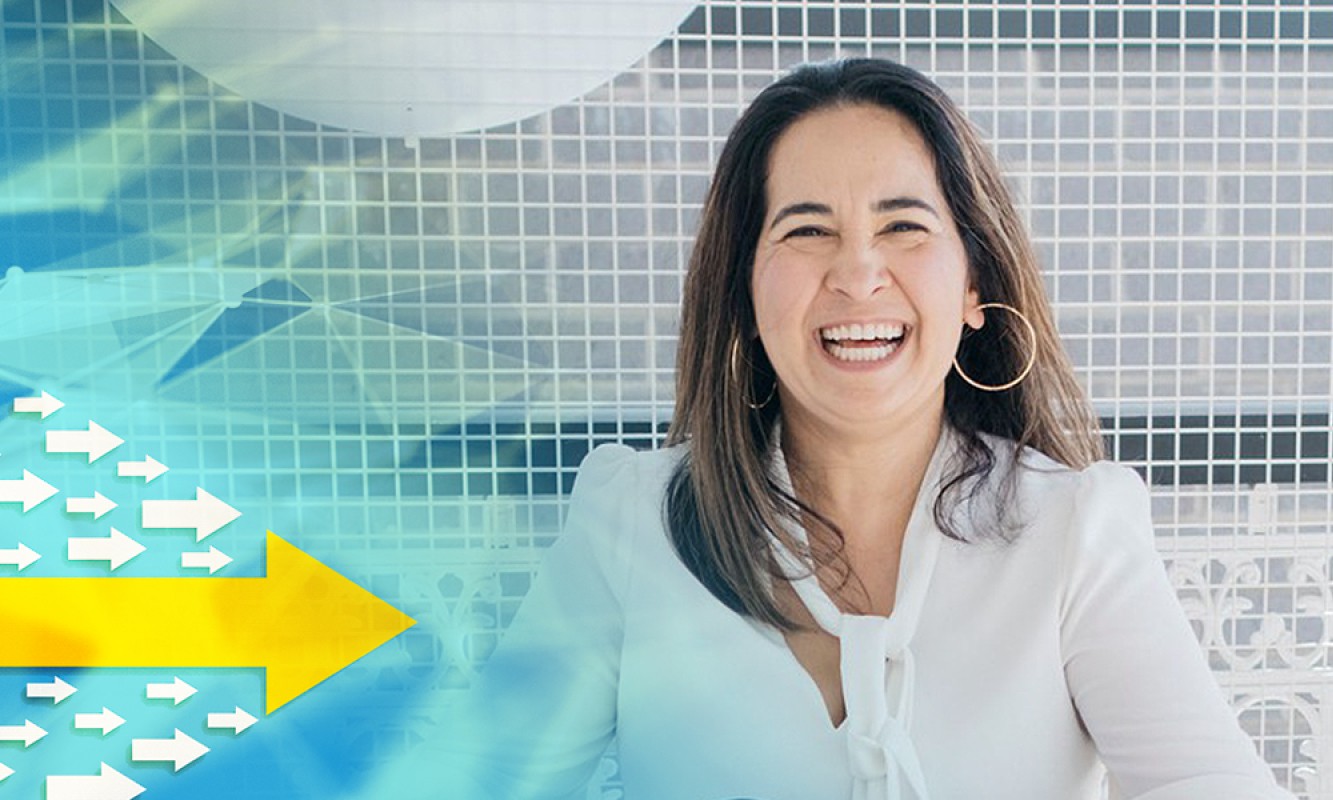



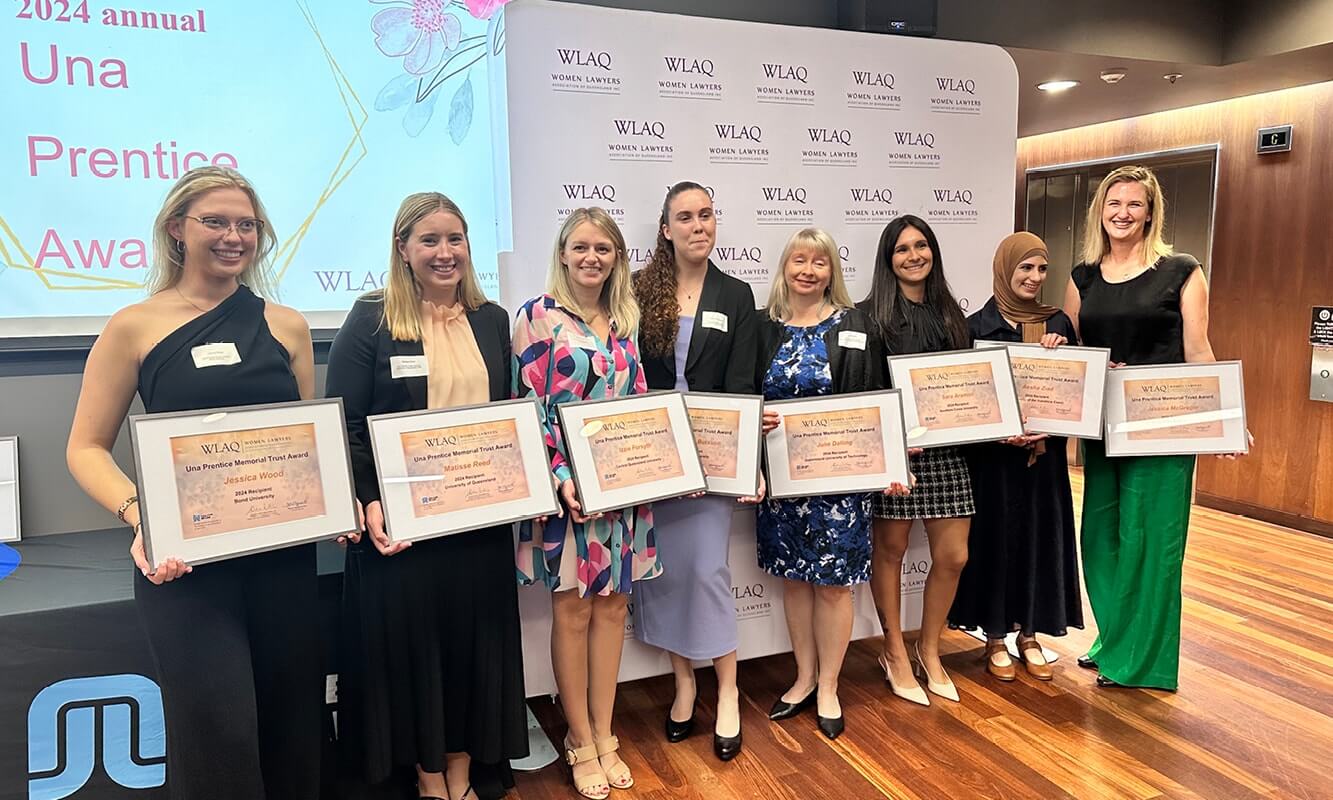


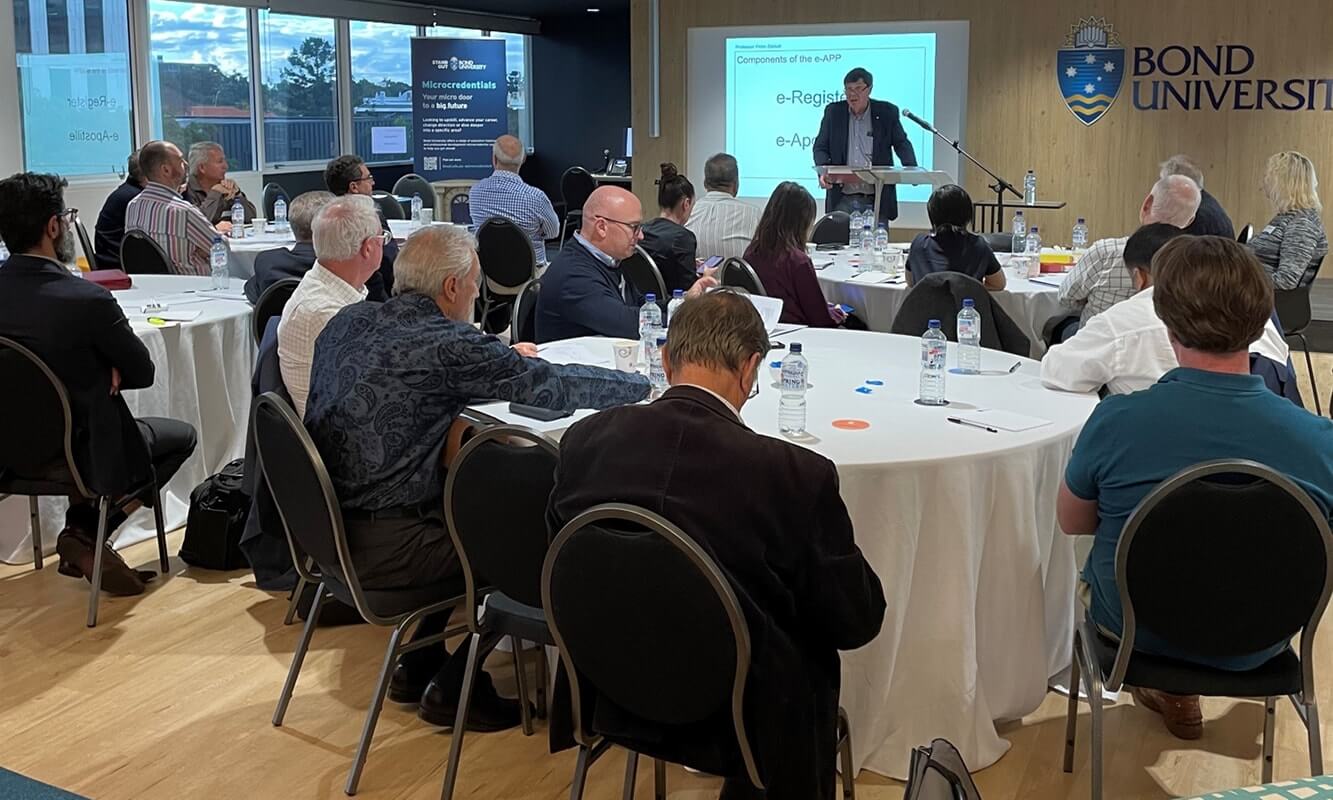
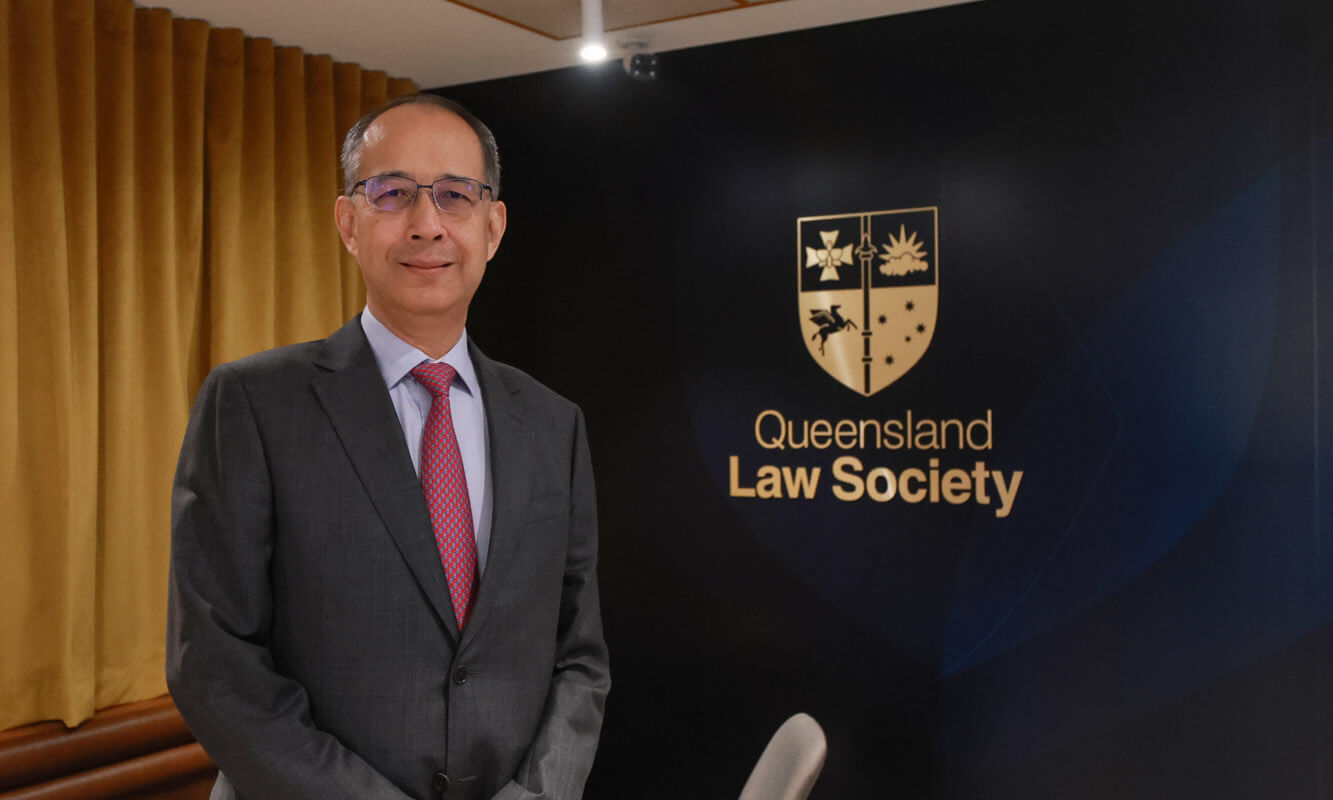
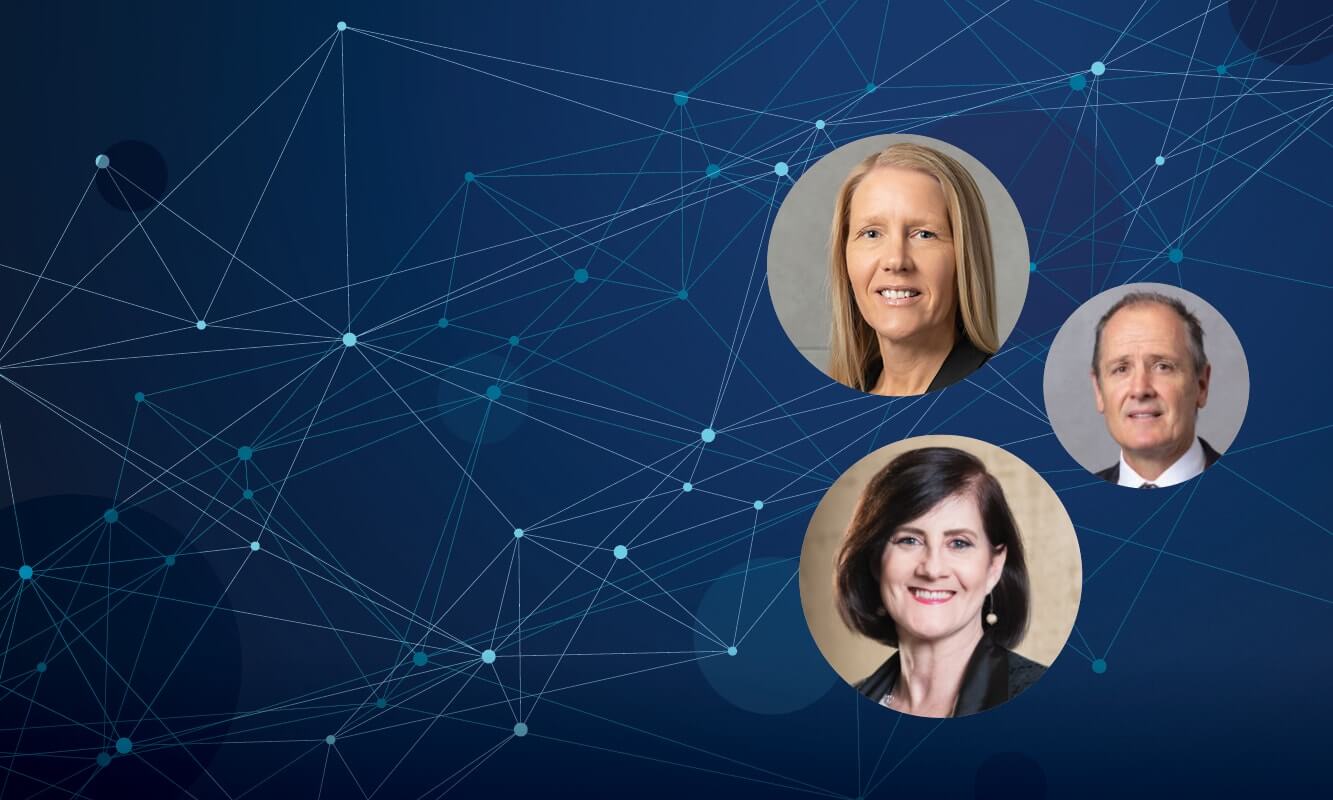

Share this article